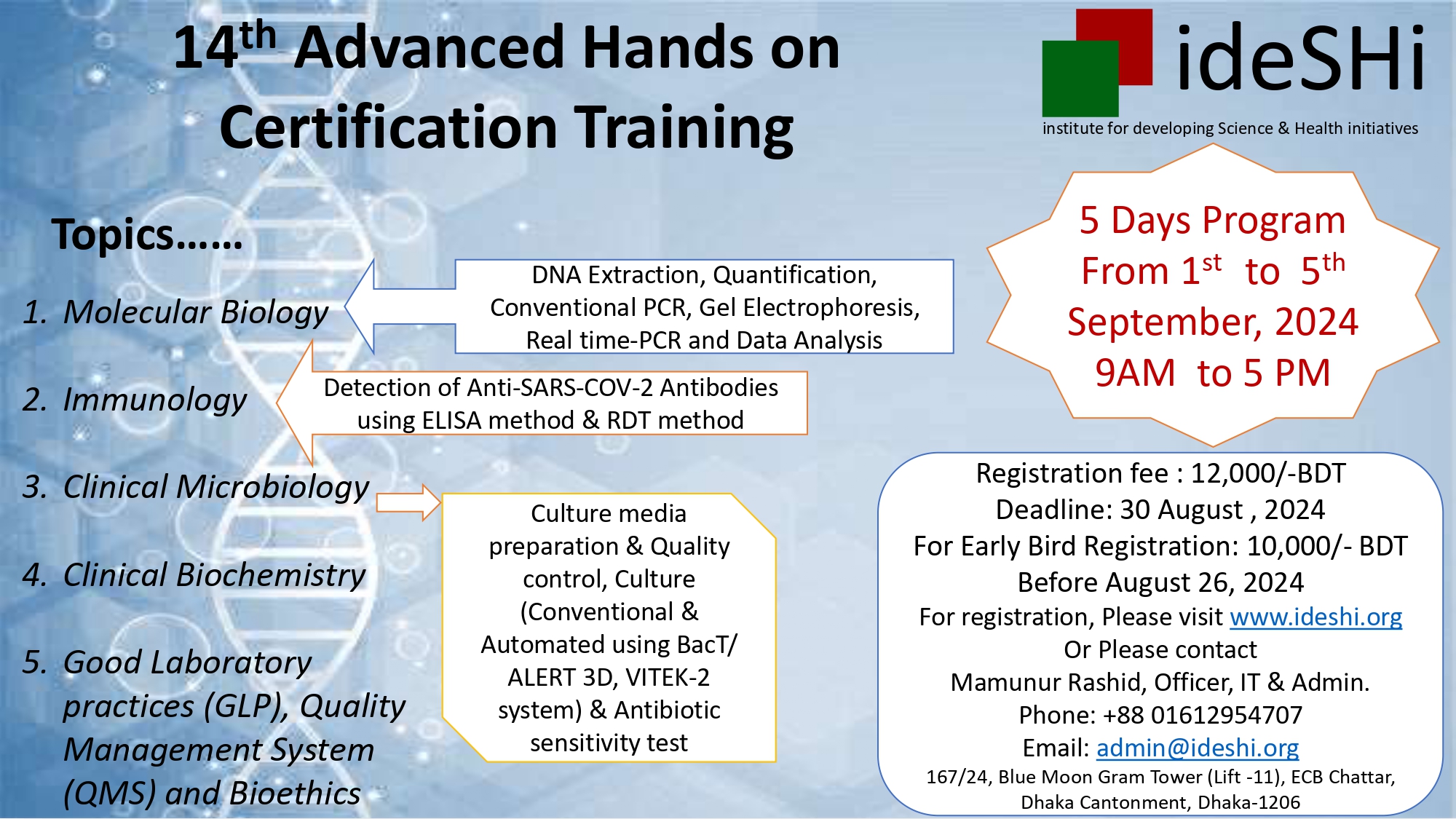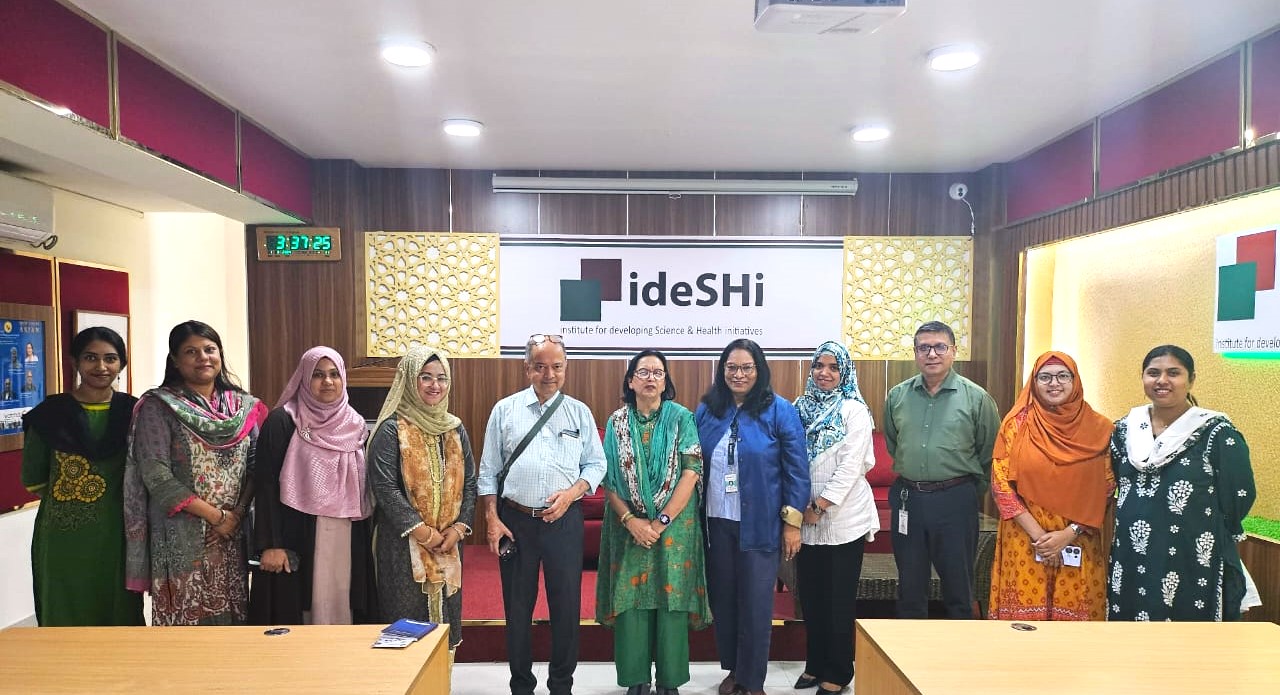A Thalassemia Awareness and Free Carrier Screening Program was successfully held today at the Bangladesh University of Health Sciences (BUHS), sponsored by First Security Islami Bank Ltd. and organized by the Institute for Developing Science and Health Initiatives (ideSHi). The event featured insightful discussions and a free carrier screening session for university students.
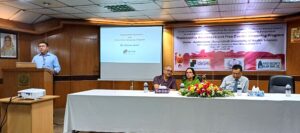
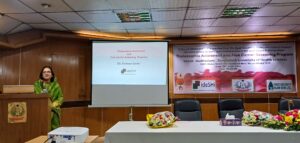
In the beginning ideSHi’s Chief Operating Officer elaborated on the organization’s mission, vision, and purpose, highlighting its commitment to improving health outcomes through research, education, and community engagement.
Dr. Firdausi Qadri, the lead of ideSHi provided an in-depth overview of Thalassemia disease, its treatment, the current situation in Bangladesh, and preventive measures. Dr. Qadri emphasized the importance of awareness and early screening to combat the spread of this genetic disorder.
Dr. Rosy Sultana, Professor in the Department of Immunology at BUHS and an alumna of ideSHi, shared ideSHi’s journey in addressing Thalassemia. She spoke about the various initiatives and milestones achieved by ideSHi in the fight against this disease.
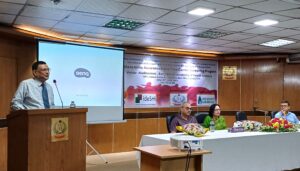
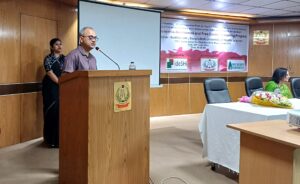
Professor Dr. Faridul Alam, Vice-Chancellor of BUHS, who praised Dr. Firdausi Qadri for her relentless efforts and significant contributions to the field of health science.
In his conclusive speech, Professor Dr. Md. Anower Hussain expressed his gratitude to all participants, organizers, and sponsors. He commended the collaborative efforts that made the event a success and emphasized the importance of such initiatives in raising awareness and providing essential health services.
The awareness session was followed by a free carrier screening session, where university students voluntarily provided samples for Thalassemia screening. This initiative aims to identify carriers early and prevent the spread of Thalassemia through informed decisions and genetic counseling.
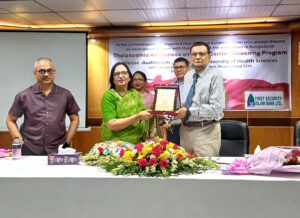

The program marked a significant step forward in the fight against Thalassemia in Bangladesh, demonstrating the power of collaboration between educational institutions, health organizations, and financial supporters.




